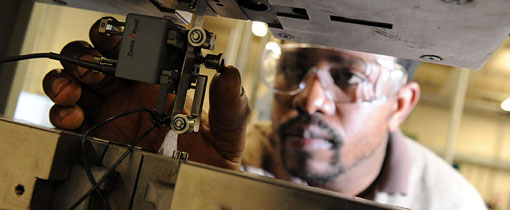
Opportunities for students have been at the heart of our mission for over 190 years.
Based at campuses in Wolverhampton, Walsall and Telford – the site of the new Marches Centre of Excellence for Health and Social Care – the University of Wolverhampton has over 21,000 students and 2,200 staff.
It also maintains education centres in Stafford, Telford and Burton, and the Midlands Centre for Cyber Security in Hereford, Additionally, the University of Wolverhampton Science Park is home to tenant businesses and supports the development of innovative companies.
One of the most recent additions to the University’s portfolio, Springfield Campus is a culmination of the most ambitious aspect of the University’s Our Vision, Your Opportunity programme. The site of the former Springfield brewery has been transformed into Europe’s largest specialist construction and built environment campus, bringing together businesses and the education sector to maximise impact on the economy.
The new home of the University’s School of Architecture and Built Environment and National Brownfield Institute, and with Thomas Telford University Technical College and Elite Centre for Manufacturing Skills on-site, it’s central to our vision of enhancing the student experience and supporting business growth.
Key facts and figures
The University of Wolverhampton received a commendation – the highest possible accolade – in its most recent assessment by the Quality Assurance Agency: the independent body that evaluates standards and quality in UK higher education.
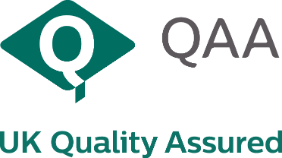
In the last round of assessment for research excellence in the UK, (the Research Excellence Framework exercise), the University of Wolverhampton achieved its best ever results. Research was celebrated for its ‘world-leading elements’ across all areas submitted to the REF 2014, with 85% of our research internationally recognised or higher. The next REF is taking place in 2021.
The University was awarded four stars overall in 2019 in the QS Stars ™ scheme – with the highest five stars for teaching, employability, internationalisation, and inclusiveness.
The QS Stars scheme is a global rating system which assesses the strengths of universities worldwide against several categories.

The University embeds employability into all its programmes using its role in contributing to economic growth regionally and nationally to create opportunities and connections for its students. Almost 87% of the University’s UK graduates from the most recent cohort were employed, in education, or running their own business according to the latest Graduate Outcomes report (published July 2021). It also showed almost 68% of our UK graduates were in highly skilled professions.

Overall, 71% of students reported they were satisfied according to the National Student Survey (2021). Satisfaction scores for teaching remain relatively high at 79%, while learning opportunities are also at 80%.
This is a fantastic endorsement of all the work that our academic and support staff have done over the last 18 months to ensure our students’ academic journeys could continue. A number of subjects gained a 100% satisfaction rate: Animation, Building Surveying, Forensic Science, Graphic Design, History, and Physiotherapy.
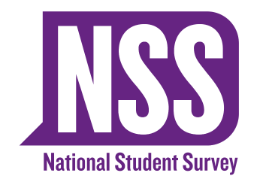
Research England’s Knowledge Exchange Framework (KEF) recognises the diverse contributions that universities across the country offer their local areas. The framework aims to increase the efficiency and effectiveness of public funding use for knowledge exchange while aiding continuous improvement in higher education providers. KEF identified the University of Wolverhampton as being in the top 10% nationally for public and community engagement, as well as in the top 10% for local growth and regeneration.

The University of Wolverhampton’s roots go back to the 19th century Wolverhampton Mechanics’ Institutes and School of Art. It offers a broad range of subjects at foundation, undergraduate and postgraduate level – many accredited by prestigious professional bodies. Over 21,000 students studying at three main teaching campuses in the Midlands and partners nationwide benefit from innovative and excellent teaching from a QAA-commended university listed in the top ten universities for social mobility in a paper published by the Higher Education Policy Institute, with world-class research and a 87% graduate employability rate (Graduate Outcomes report 2021).
Explore our faculties, as well as our individual Schools and Institutes.
Each of our faculties contains a number of specialist Schools and Institutes.


/prod01/wlvacuk/media/departments/media-and-communications/images-18-19/220325-Engineers_teach_thumbail.jpg)
/prod01/wlvacuk/media/departments/media-and-communications/images-18-19/BBR_logo_large.jpg)
/prod01/wlvacuk/media/departments/media-and-communications/images-18-19/Wolves-Story-Thumb.jpg)
/prod01/wlvacuk/media/departments/media-and-communications/images-18-19/220505-BAS9-School-Showcase-Resized.jpg)
/prod01/wlvacuk/media/departments/business-solutions/images/banners/business-we-back-you-500x250.jpg)
/prod01/wlvacuk/media/images/2019-re-design/blurb-block/students-sat-in-courtyard.jpg)
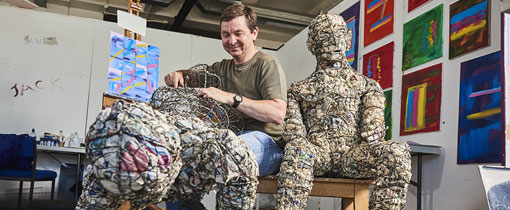
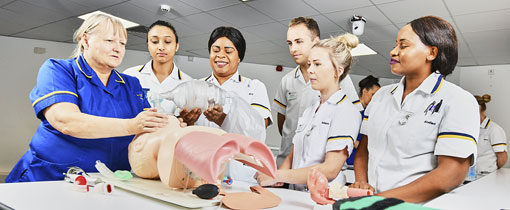
/prod01/wlvacuk/media/departments/media-and-communications/images-18-19/Sport_Awards_teaser.jpg)
/prod01/wlvacuk/media/departments/media-and-communications/images-18-19/Walsall_golf_club_teaser.jpg)
/prod01/wlvacuk/media/departments/media-and-communications/images-18-19/220428-Klaudio-Resized.jpg)
/prod01/wlvacuk/media/departments/media-and-communications/images-18-19/brandon_teaser.jpg)
/prod01/wlvacuk/media/departments/media-and-communications/images-18-19/201218-Black-Country-Living-Museum-Bella-Giveaway-teaser.jpg)
/prod01/wlvacuk/media/departments/media-and-communications/images-18-19/artwork_teaser.jpg)
/prod01/wlvacuk/media/departments/media-and-communications/images-18-19/BMI_teaser.jpg)
/prod01/wlvacuk/media/departments/media-and-communications/images-18-19/choir_teaser.jpg)
/prod01/wlvacuk/media/departments/media-and-communications/images-18-19/220329-BAME-Covid-Research-Resized.jpg)
/prod01/wlvacuk/media/departments/media-and-communications/images-18-19/220406-ESPRC-Visit-Resized.jpg)
/prod01/wlvacuk/media/departments/media-and-communications/images-18-19/220406-Roya-Rahimi-Resized.jpg)
/prod01/wlvacuk/media/departments/media-and-communications/images-18-19/220331-Public-Health-Book-Resized.jpg)
/prod01/wlvacuk/media/departments/media-and-communications/images-18-19/220405-Times-Student-Nurses-Resized.jpg)
/prod01/wlvacuk/media/departments/media-and-communications/images-18-19/220404-Lemur-Resized.jpg)
